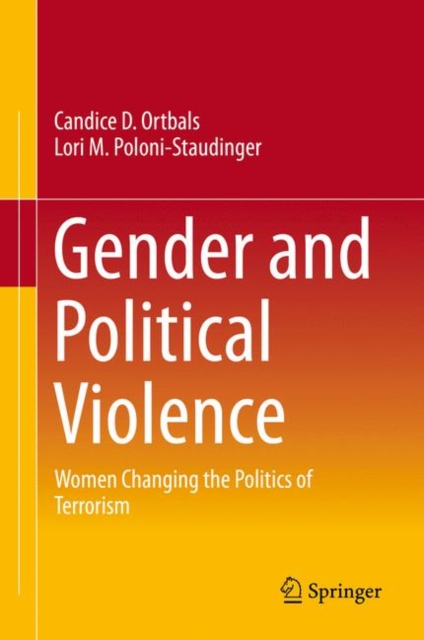CITESTE MAI MULT
Detalii
Descriere RO
This book examines the role of gender in political conflicts worldwide, specifically the intersection between gender and terrorism. Political violence has historically been viewed as a male domain with men considered the perpetrators of violence and power, and women as victims without power. Whereas men and masculinity are associated with war and aggression, women and femininity conjure up socially constructed images of passivity and peace. This distinction of men as aggressors and women as passive victims denies women their voice and agency. This book investigates how women cope with and influence violent politics, and is both a descriptive and analytical attempt to describe in what ways women are present or absent in political contexts involving political violence, and how they deal with gender assumptions, express gender identities, and frame their actions regarding political violence encountered in their lives. The book looks to reach beyond the notion of women as victims of terrorism or genocide without agency, and to recognize the gendered nature of political conflicts and how women respond to violence. This book will be of interest to advanced undergraduate and graduate students in political science, sociology, cultural studies, and gender studies, academics in terrorism studies and gender studies, government officials, NGOs, and professionals working in areas of violent conflict.
EdituraSpringer International Publishing AG
Dimensiuni235 x 155
Data Publicarii19/03/2018
Format
Cartonata
Numar pagini349
Aceasta este o carte in limba engleza. Descrierea cartii (tradusa din engleza cu Google Translate) este in limba romana din motive legale.
Aceasta carte examineaza rolul genului in conflictele politice din intreaga lume, in special intersectia dintre gen si terorism. In mod istoric, violenta politica a fost privita ca un domeniu masculin, barbatii fiind considerati autorii violentei si puterii, iar femeile ca victime fara putere.

